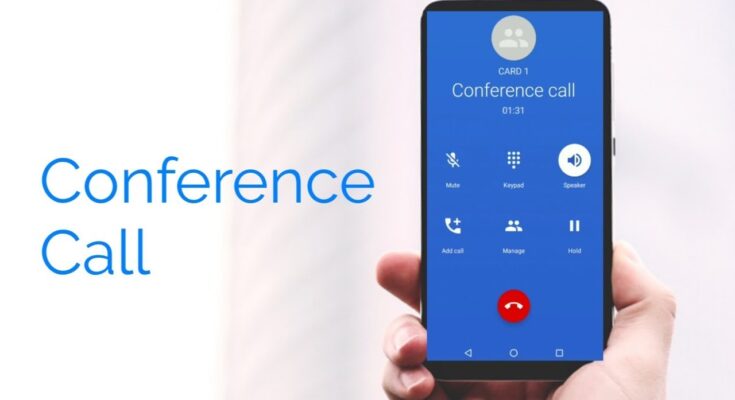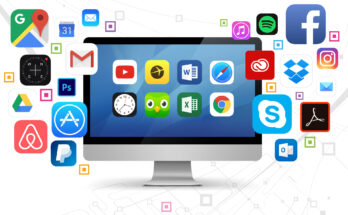Introduction
In today’s globalized business environment, conference calls have become a vital tool for communication and collaboration. Whether connecting teams across different continents, engaging with clients, or coordinating with partners, conference calls offer a practical solution for overcoming geographical barriers. However, to ensure these calls are productive and efficient, certain strategies and best practices must be followed.
Preparing for the Conference Call
Setting a Clear Agenda
One of the most critical steps in preparing for a conference call is setting a clear agenda. This involves outlining the main topics to be discussed, the goals of the meeting, and the expected outcomes. A well-structured agenda helps keep the discussion focused and ensures that all necessary points are covered within the allotted time.
Choosing the Right Technology
Selecting the appropriate conference call platform is crucial. Factors to consider include the number of participants, the need for video or screen sharing, and the overall reliability and user-friendliness of the technology. Popular platforms include Zoom, Microsoft Teams, and Google Meet, each offering various features to facilitate effective communication.
Distributing Pre-Meeting Materials
To maximize the efficiency of the conference call, it’s beneficial to distribute relevant materials ahead of time. This might include reports, presentation slides, or background information on the topics to be discussed. Providing these materials in advance allows participants to review them and come prepared with questions and comments, leading to a more productive discussion.
Conducting the Conference Call
Starting on Time
Punctuality is key to maintaining professionalism and respect for participants’ time. Starting the call promptly at the scheduled time sets a positive tone and ensures that the meeting proceeds as planned. It’s also advisable to log in a few minutes early to troubleshoot any potential technical issues.
Introducing Participants
At the beginning of the call, it’s helpful to introduce all participants, especially if there are new members or external guests. This fosters a sense of community and ensures that everyone knows who is present and their roles within the meeting.
Managing the Discussion
Effective moderation is essential to keep the conference call on track. The moderator should guide the discussion according to the agenda, ensuring that each topic is given appropriate time and attention. It’s important to encourage participation from all attendees while also preventing any one person from dominating the conversation.
Taking Notes and Recording Actions
Designating someone to take detailed notes is crucial for documenting key points and decisions made during the call. Additionally, summarizing action items and assigning responsibilities ensures that follow-up tasks are clear and that progress can be tracked in subsequent meetings.
Post-Call Follow-Up
Distributing Meeting Minutes
After the call, promptly distributing the meeting minutes to all participants helps reinforce the discussion and provides a reference for those who could not attend. These minutes should include a summary of the topics covered, key decisions made, and any action items with assigned responsibilities and deadlines.
Evaluating the Call
Periodically evaluating the effectiveness of conference calls can lead to continuous improvement. Collecting feedback from participants about what worked well and areas for improvement can help refine the process for future meetings. This might include adjusting the agenda format, changing the frequency of calls, or exploring new technological tools.
Conclusion
Conference calls, when conducted effectively, can significantly enhance communication and collaboration within and between organizations. By setting a clear agenda, choosing the right technology, distributing pre-meeting materials, starting on time, managing the discussion efficiently, and following up appropriately, businesses can maximize the productivity and outcomes of their conference calls. In an increasingly interconnected world, mastering the art of the conference call is an invaluable skill that can drive success in a wide range of professional contexts.
To keep updated with the latest posts, click here.



